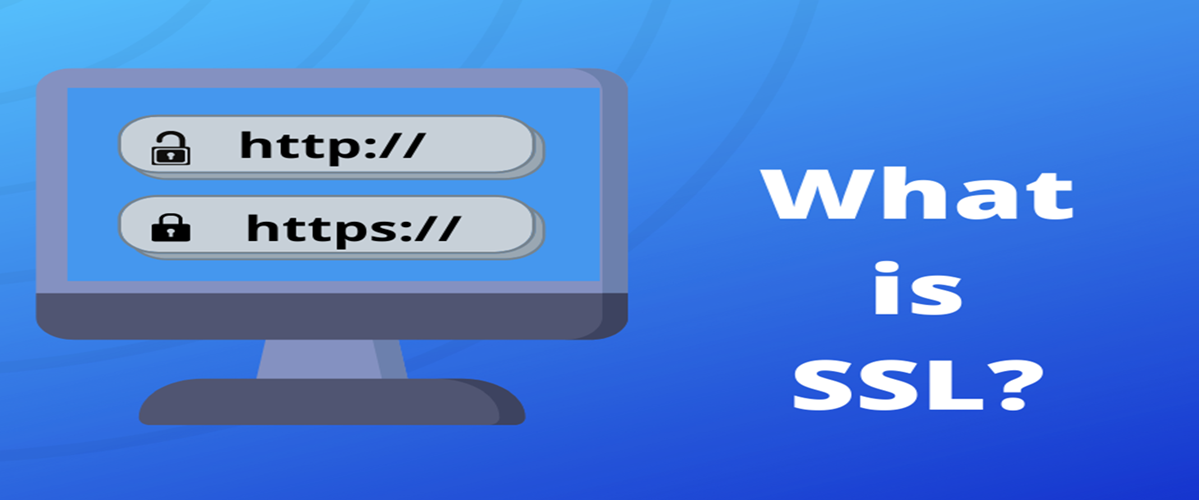Have you ever experienced browsing a website and seeing a tag just near the URL saying: NOT SECURED? You probably didn’t mind it and continued scanning the content anyway. In any case, many people fall trap in unsecured networks all the time, and if you have done it often in the past, you should look closely at your computer for potential malware.
People demand more robust website security for these reasons, and tech security companies took notice. SSL, or Security Socket Layer, is made to protect customers from data breaches and high-profile hacking. Websites or domain names with SSL certificates are highly secured and give customers peace of mind while browsing online.
So what exactly is SSL, and how does it work?
Data on the internet is susceptible to cyber threats, especially when dealing with transactions. To explain what a security socket layer is, let’s play a scenario. Suppose you want to build an online business selling shoes, and want to ensure that your customers can safely navigate through the internet to find your business for regular purchase. You need to purchase an SSL certificate from a web services company specializing in the certificate authority to achieve that. Once the certificate authority authenticates your online business through thorough research, they create an encrypted or scrambled connection to give your customers a secure online environment where they can shop and purchase your shoes.
This allows customers to feel safer when browsing and gives them more confidence in visiting your site. Sounds pretty cool, right?
The Disadvantages Of Having An Insecure Site.
As Google continues to dominate the market, you’re going to have a hard time attracting customers when you still don’t have an SSL certificate. When browsing on an insecure site, Google will flag by posting a clear marker behind the URL that the domain name is unsecured, warning people of the potential threats that might ensue.
Google also requires all online business owners to secure an SSL certificate, as it boosts your rankings in its search engine. Besides the adverse effects that it will cause to your business, cyber-attacks like credit card information hackers and phishers will run rampant in your online server. You don’t want these since customers are very keen on keeping their data hidden from attackers.
Final thoughts…
In today’s online infrastructure, there’s no question that you need to get your website an SSL certificate. Many people, even the younger ones, are knowledgeable about malware that may affect your traffic. The time to authenticate and implement SSL is now to protect your customers online.
